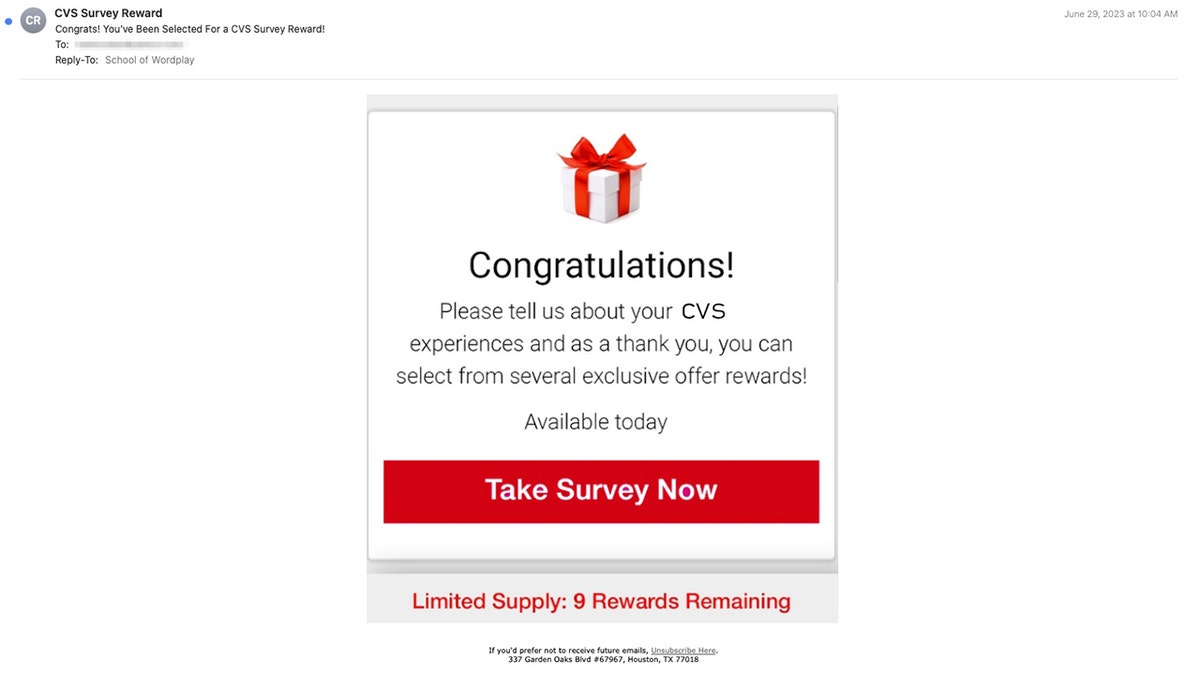Cybercriminals have developed a new phishing tactic that uses images instead of traditional links to trick victims. A report from Check Point Harmony Email highlights this emerging threat, where hackers embed malware within images sent via email.

This method bypasses typical phishing red flags like suspicious links and grammatical errors often found in text-based phishing attempts. The images, frequently designed to resemble promotional offers from major retailers, lure victims into clicking, redirecting them to malicious websites designed to steal sensitive data like passwords.

The bait often involves promises of gift cards, loyalty points, or other enticing rewards from well-known brands. This sense of urgency can cloud judgment and lead to hasty clicks.

Protecting Yourself from Image-Based Phishing
Here are some crucial steps to protect yourself:
- Verify the sender's address: Double-check the sender's email address against the official address of the purported company. A simple search can reveal discrepancies and expose fraudulent emails.
- Exercise caution with clicks: Avoid clicking on links, attachments, or images in emails from unknown or untrusted senders. This is a primary method used by scammers to direct victims to phishing sites.
- Stay calm and rational: Be wary of emails creating a sense of urgency. Hackers often use this tactic to pressure victims into acting impulsively. Take a moment to assess the situation before clicking or responding.
- Enable two-factor authentication: Add an extra layer of security to your accounts with two-factor authentication. This requires a second form of verification, like a code sent to your phone, making it harder for hackers to gain access even if they obtain your password.
- Use robust antivirus software: Invest in reputable antivirus software to protect your devices from malware. Good antivirus programs can block malicious links and prevent the installation of harmful software.

By remaining vigilant and following these precautions, you can significantly reduce your risk of falling victim to this evolving phishing threat.








